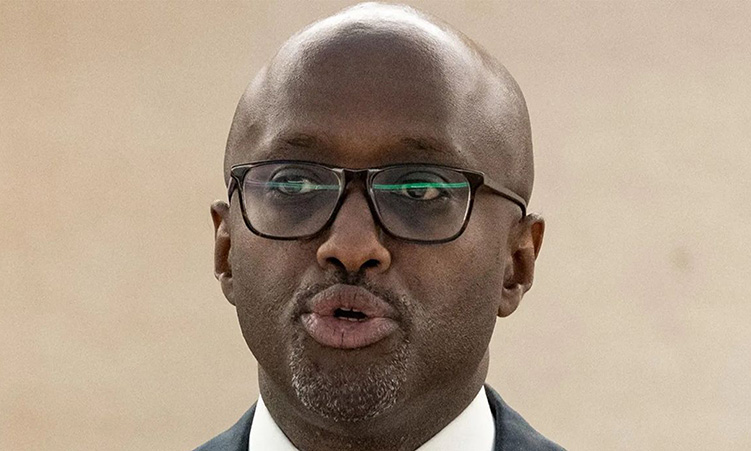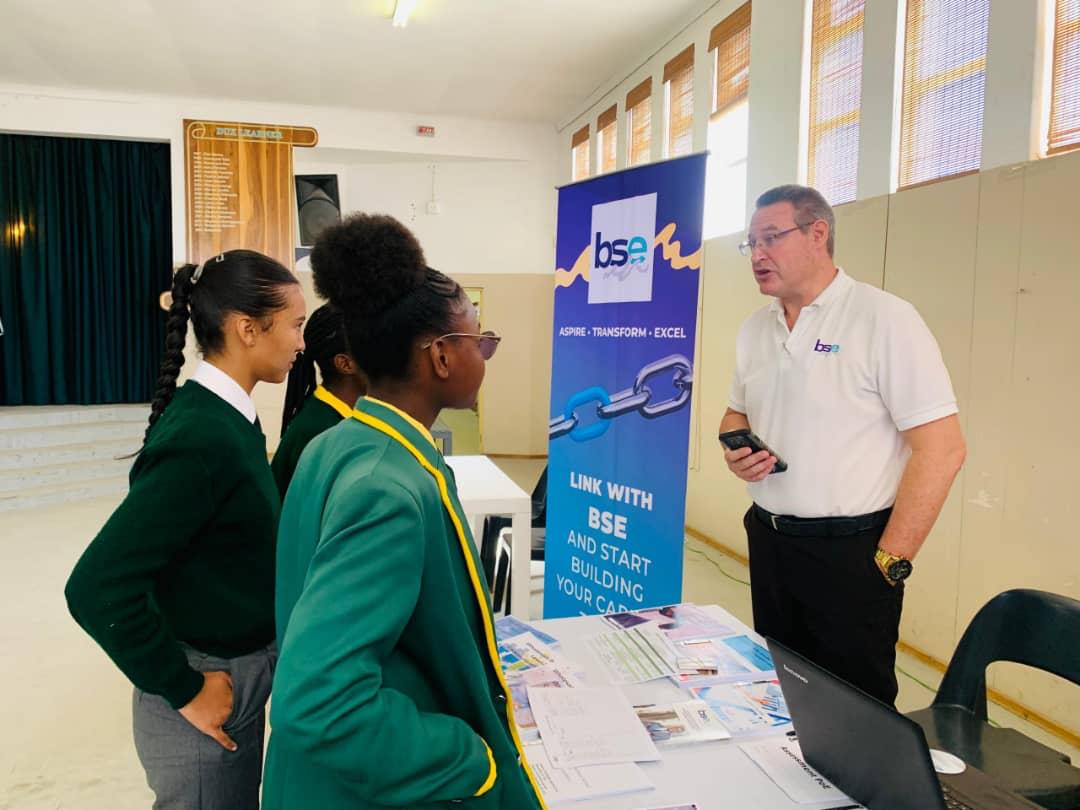THE European Investment Bank (EIB) has granted regional electricity distribution company Cenored N$18 million for rural electrification in the Otjozondjupa and Kunene regions.
This grant is derived from the concessionary loans that the EIB gave NamPower for the construction of the 400kV line to South Africa in 1999. The interest on the loans was lower than the rates charged by commercial banks – this was done on condition that NamPower used the difference between the two for rural electrification.Cenored provides electricity to towns and villages in Otjozondjupa, Kunene and parts of the Oshikoto Region.Cenored CEO Mburumba Appolus said Cenored had applied to the EIB for the electrification of villages and settlements in the Otjozondjupa and Kunene regions, namely Bergsig, Palmquelle, Otjituo, Coblenz, Okanjatu, Okamatapati and Orunaih.”In all, approximately 900 households will be connected to the electricity grid, directly benefiting some 5 000 rural people.Unlike previous rural electrification projects, this project is specifically designed to target households (as opposed to institutions like schools and offices), in part because of Cenored’s deep-rooted conviction that electricity will have a greater socio-economic benefit of uplifting the standards of living of our people if we start with providing electricity at the household level,” Appolus said.The project entails the construction of 33kV medium-voltage lines (to Bergsig and Palmquelle) as well as low-voltage line extensions using SWER (single wire earth return) technology that is significantly cheaper than conventional low-voltage lines.This in turn will allow the savings to be used to connect even more households.The project will be managed by Cenored while NamPower will disburse the funds to the contractors as instructed by the regional electricity distributor.Appolus said GS Fainsinger Consulting Engineers had been appointed as the project engineers to provide specialist engineering services to Cenored for the project.They will also do the technical design of the project, supervision of the construction work and quality control as per Cenored specifications.The interest on the loans was lower than the rates charged by commercial banks – this was done on condition that NamPower used the difference between the two for rural electrification.Cenored provides electricity to towns and villages in Otjozondjupa, Kunene and parts of the Oshikoto Region.Cenored CEO Mburumba Appolus said Cenored had applied to the EIB for the electrification of villages and settlements in the Otjozondjupa and Kunene regions, namely Bergsig, Palmquelle, Otjituo, Coblenz, Okanjatu, Okamatapati and Orunaih.”In all, approximately 900 households will be connected to the electricity grid, directly benefiting some 5 000 rural people.Unlike previous rural electrification projects, this project is specifically designed to target households (as opposed to institutions like schools and offices), in part because of Cenored’s deep-rooted conviction that electricity will have a greater socio-economic benefit of uplifting the standards of living of our people if we start with providing electricity at the household level,” Appolus said.The project entails the construction of 33kV medium-voltage lines (to Bergsig and Palmquelle) as well as low-voltage line extensions using SWER (single wire earth return) technology that is significantly cheaper than conventional low-voltage lines.This in turn will allow the savings to be used to connect even more households.The project will be managed by Cenored while NamPower will disburse the funds to the contractors as instructed by the regional electricity distributor.Appolus said GS Fainsinger Consulting Engineers had been appointed as the project engineers to provide specialist engineering services to Cenored for the project.They will also do the technical design of the project, supervision of the construction work and quality control as per Cenored specifications.
Stay informed with The Namibian – your source for credible journalism. Get in-depth reporting and opinions for
only N$85 a month. Invest in journalism, invest in democracy –
Subscribe Now!










